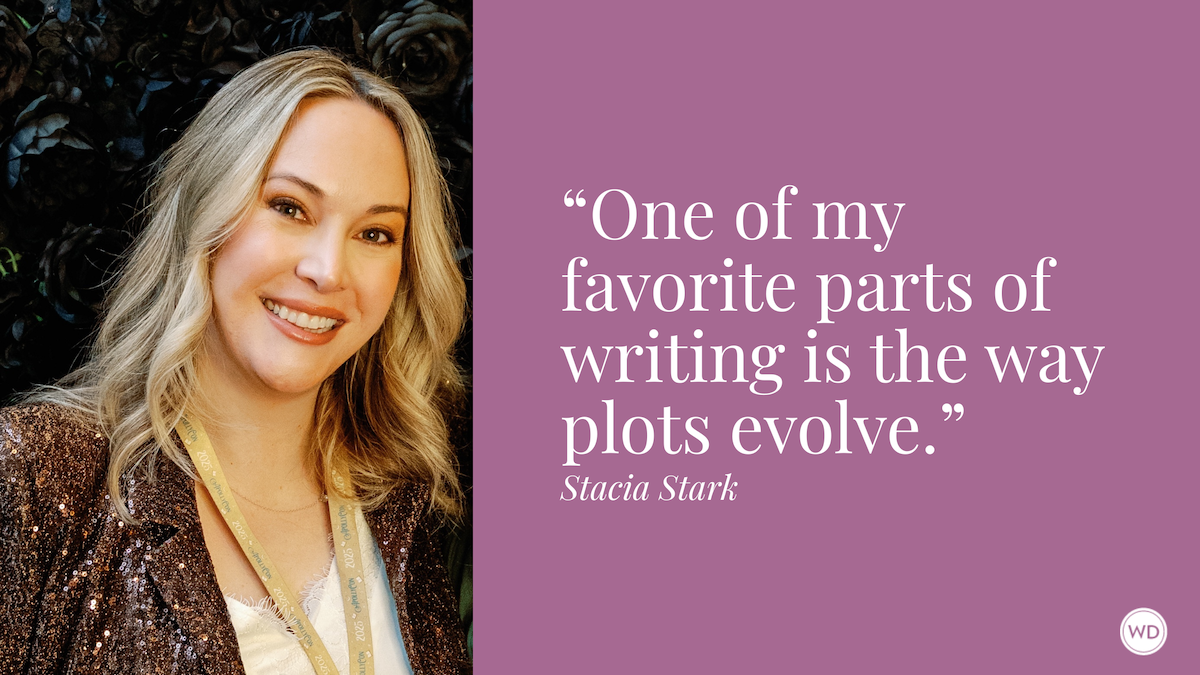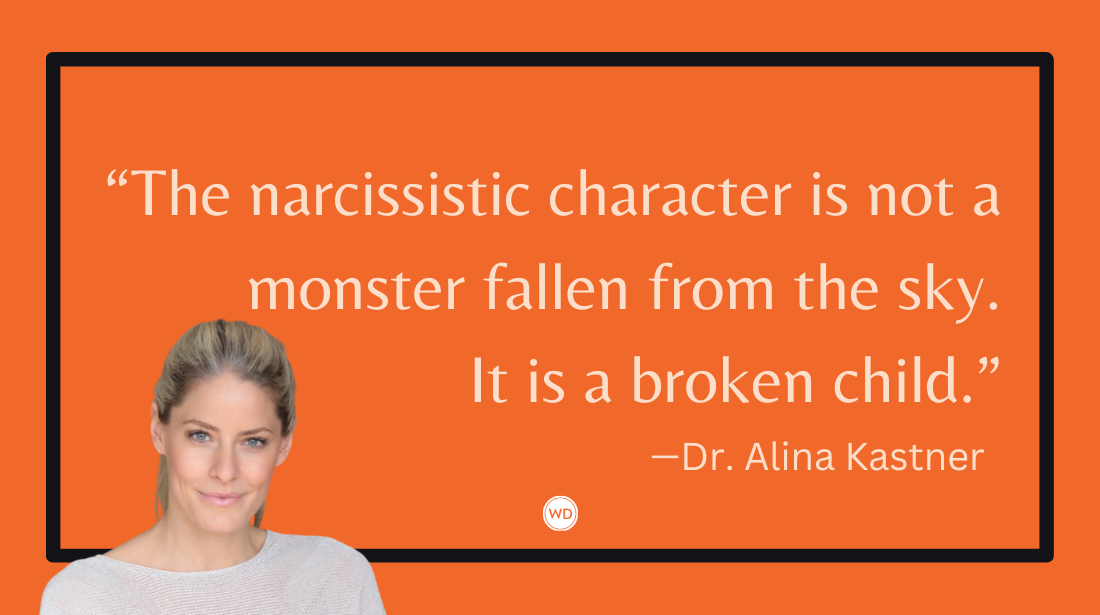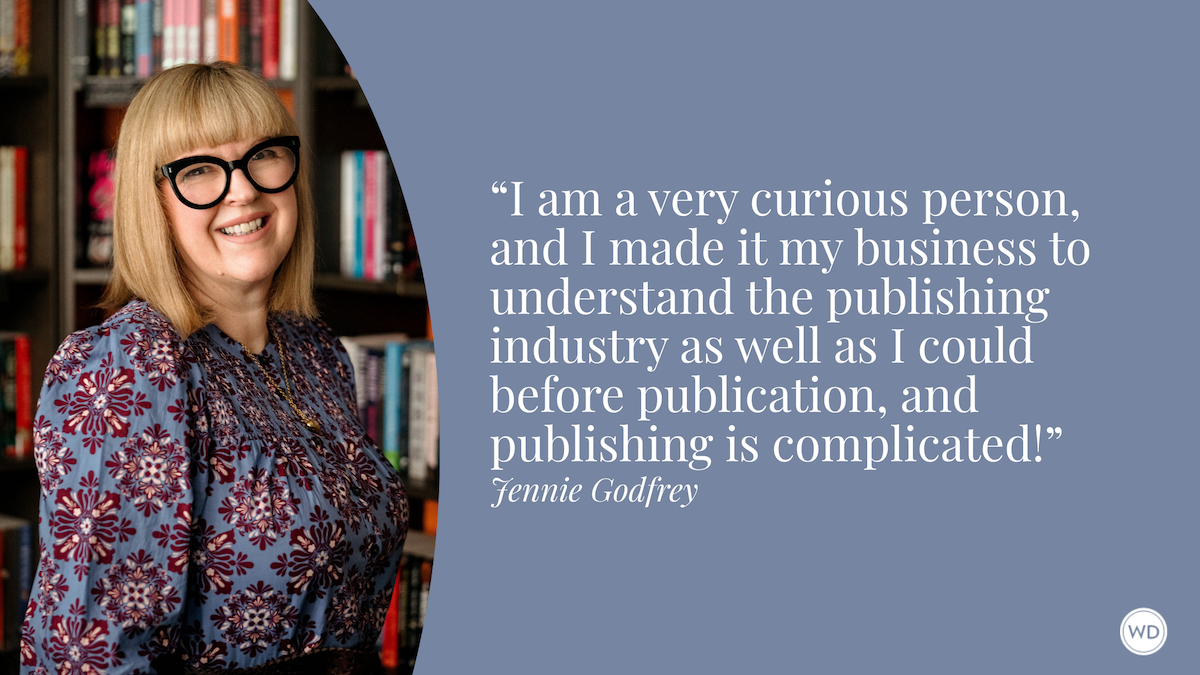Representing Minorities in Your Writing
Here’s how a Jewish writer was able to gain some perspective and successfully write from the viewpoint of a different minority.
When I decided to write The Freedman and the Pharaoh’s Staff from the perspective of former slaves and African-Americans, some people asked how could a white Jewish guy relate to or understand the struggle, or the culture. Perhaps because as a child I spent a fair amount of time in the Caribbean, and by Caribbean I don’t mean the hotels and tourist attractions. I mean the real Caribbean where the floors in houses were nothing but soil, and people walked to church in their Sunday’s best and no shoes.
***************************************************************************************************************************
This post is by Lane Heymont, who was born in Pennsylvania and earned a BA in Liberal Arts with a focus on literature and history. He also holds a double minor in psychology and business. After college, Lane turned his focus back to writing. He has several short stories published, one of which was recommended for a 2012 Bram Stoker Award. The Freedman and the Pharaoh’s Staff is his debut novel and is available now. For more info, visit: www.laneheymont.com.
***************************************************************************************************************************
Perhaps, because growing up I listened to the stories told by my grandfather, Colonel Irving Heymont, about his tour of combat during World War II. Or how afterwards he was charged with overseeing the largest Jewish DP camp in all of Europe. Hearing the horrors he encountered liberating Gunskirchen, a sub-camp of the Mauthausen death camp so that we “would never forget”, seeing pictures of the dead strewn about fields like litter simply for existing, or the photos of survivors who resembled the dead all too clearly.
This is not to say I know what it is to be African-American or fully understand those experiences, but I understand. I empathize. In order to successfully write anything, scripts, novels, plays, it takes empathy. Merriam-Webster’s Dictionary defines empathy as, “the action of understanding, being aware of, being sensitive to, and vicariously experiencing the feelings, thoughts, and experience of another of either the past or present without having the feelings, thoughts, and experience fully communicated in an objectively explicit manner”. Without empathy we are unable to create meaningful, relatable characters. Whether we hate them or love them, we need to be able to feel for them.
Case in point, I watched a movie, Celeste and Jesse Forever, again last night. It’s a masterfully written film by Rashida Jones and writing partner Will McCormack that turns the all too familiar romantic comedy on its heels. In many movies, Rashida Jones plays the likeable, pragmatic girlfriend, but in Celeste and Jesse Forever she is far from that. Her character, Celeste, is neurotic, impulsive, and selfish, eventually descending into drinking and smoking weed. All a recipe for someone we wouldn’t enjoy, yet Jones manages to show us a woman who is just lost. She creates out of an unlikable character someone we sympathize with and in the end, love. Rashida’s performance showcases a true talent, and a prime example of empathy for an unpleasant character.
When I was work shopping The Freedman and the Pharaoh’s Staff it was fascinating to see the reactions that the story was told from the perspective of people of color, of which I’m not. There was a bombardment of warnings from my classmates and fellow writers. “It’s dangerous territory,” said some. “Are you sure you can do that effectively?’ asked others. Yet, the comment I most often heard was, “I’d be too scared to do that. I wouldn’t want to offend anyone.”
I would be lying if I said those thoughts hadn’t crept into my head. However, as a Jewish person who reads a lot of Jewish literature, I have read some amazing stories written by non-Jewish authors. Chris Bohjalian’s Skeletons at the Feast comes to mind. I’ve found what is most important in writing from the viewpoint of a different culture is doing so from a place of honesty, authenticity, and respect. Otherwise you do run the very real risk of offending readers, and more importantly, spreading ignorance.
What drew me to choose this story and present the slave culture? While pursuing my undergraduate degree I took an African-American literature class. We focused mainly on the slave narratives of the 19th century, reading the memoirs of Frederick Douglass, Harriet Jacobs, Mary Prince, and Olaudah Equiano. I fell in love with the stories of their struggles, and victories. I related to the prejudice they suffered from. The slave trade, for all intents and purposes, was a holocaust. Not an eradication of a people, but an eradication of a culture. That fact fueled my need to accurately portray the slave culture in The Freedman and the Pharaoh’s Staff. To do otherwise would have been an insult to the culture and those who suffered for being from it. This I know, because I’ve read stories told from an inauthentic Jewish perspective written by non-Jews. Offensiveness cannot describe what I felt. So, I researched the culture, conducted interviews, and spent a lot of time with my head in buried in books.
We would like to think slavery hides in the bowels of America’s memory, but that’s denying reality. The effects of slavery, Colonialism, and the slave culture itself have survived down through the generations of our nation. The Stanford Encyclopedia of Philosophy defines Colonialism, sometimes referred to as Imperialism as, “…a practice of domination, which involves the subjugation of one people to another…whether through settlement, sovereignty, or indirect mechanisms of control.” It was the mechanisms of control, inserting one culture’s mores into another, which taught slaves lighter skin was more attractive, straighter hair was more desirable, and a sense of self-hatred.
I strived to represent people coming from all along the spectrum of those mores. A former slave who fought for his freedom, witnessed the horrors of the American Civil War, and saw the emancipation as a singular step in a long walk to equality. To the abolitionist who was born free, and hadn’t experienced the inner workings of slavery, to the main antagonist, a man who was taught to hate himself for the color of his skin.
It is said that fact is stranger than fiction, so when classmates objected to the African-American character that hated his own kind, I had to point out if you Google the subject you will find a plethora of information. The phenomenon does not just extend to people of color, but is present in the Jewish culture as well. So much that “self-hating Jew” is a familiar phrase. To avoid the very real sub-culture of self-hatred would be to deny that such a thing exists. And it is too common not to be addressed.
As painful as researching the common and uncommon effects of slavery was, researching the Ku Klux Klan was exponentially more painful. Particularly as a Jewish man I struggled humanizing those evil men. My instinct was to make them as monstrous as possible. However, I had to force myself to give each character at least one redeemable quality, even if it was only enjoying the company of dogs. After reading The Freedman and the Pharaoh’s Staff, an editor told me, “It’s creepy that some of the Klan characters come off as sympathetic.” Perhaps he/she was insinuating I held some sympathy for those characters, and to be honest that was the most disturbing comment I received. It was excruciating writing characters that stood against everything I believe in, but necessary for a realistic telling. With that in mind, I only hope I was able to create authentic characters who do justice to their respective cultures.
Want to learn more?Expand your writing knowledge with these great writing books:
- Plot vs. Character (ebook)
- The Writer’s Digest Character Naming Sourcebook
- What Would Your Character Do?
************
Follow me on Twitter: @BrianKlems
Check out my book.
Sign up for my free weekly eNewsletter: WD Newsletter









